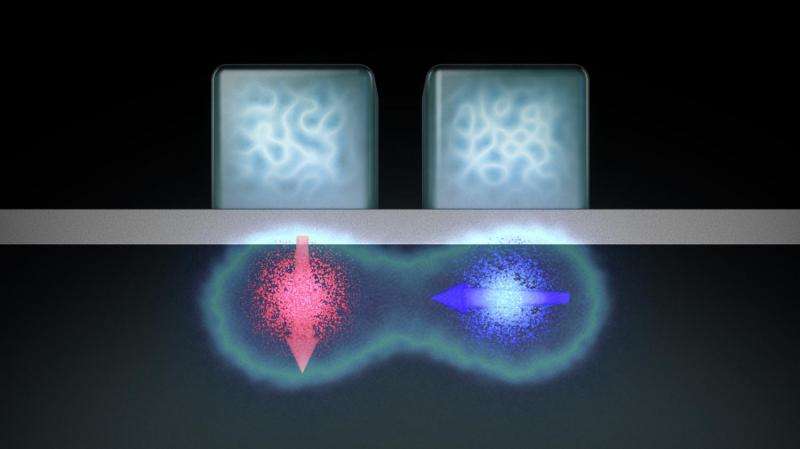October 12, 2015 report
Best of Last Week—White holes, elephants and cancer and the impact of dominating parents

(Phys.org)—It was another good week for physics; the Nobel Prize in physics was awarded to Takaaki Kajita of Japan and Arthur McDonald of Canada for discovering a missing piece in the neutrino mass puzzle. And a team working in Australia announced that a crucial hurdle was overcome in quantum computing—they demonstrated a two-qubit logic gate, and did it in silicon. Also a pair of physicists Hal Haggard and Carlo Rovelli in France asked: What are white holes? They are looking into whether the whole idea might be more then purely theoretical.
In other news, a team of researchers with the University of Illinois partnered with a group in Hungary and together they found that an AI machine achieved an IQ test score of a young child. The machine was ConceptNet, a project at MIT, and the findings represent another leap for computer smarts. Also, a company called Light introduced a multi-aperture computational camera—it is actually 16 cameras in one box taking pictures using ten of the lenses at a time to capture multiple focal lengths. And a trio of researchers with Wayne State University and Pennsylvania State University announced that they had found a way to convert harmful algal blooms into high-performance battery electrodes.
Also a team at the University of Southampton in the U.K. found a new way to weigh a star—by using math models, theory, super-fluidity and glitches in pulsars . Also researchers at Arizona State University made worldwide headlines due to a Newsweek article on how elephants provide big clues in the fight against cancer—turns out they have a gene that is 20 times more prevalent than in any other mammal. Also another team of researchers at Harvard University announced that they had massively edited the genome of pigs to turn them into perfect human organ donors.
And finally, if you are the offspring of a domineering mom or dad, a team of researchers at the University of Sussex in the U.K. has conducted a study that shows how dominant parents affect kids' self-worth. And it depends, apparently, on which country you grow up in.
© 2015 Phys.org





















